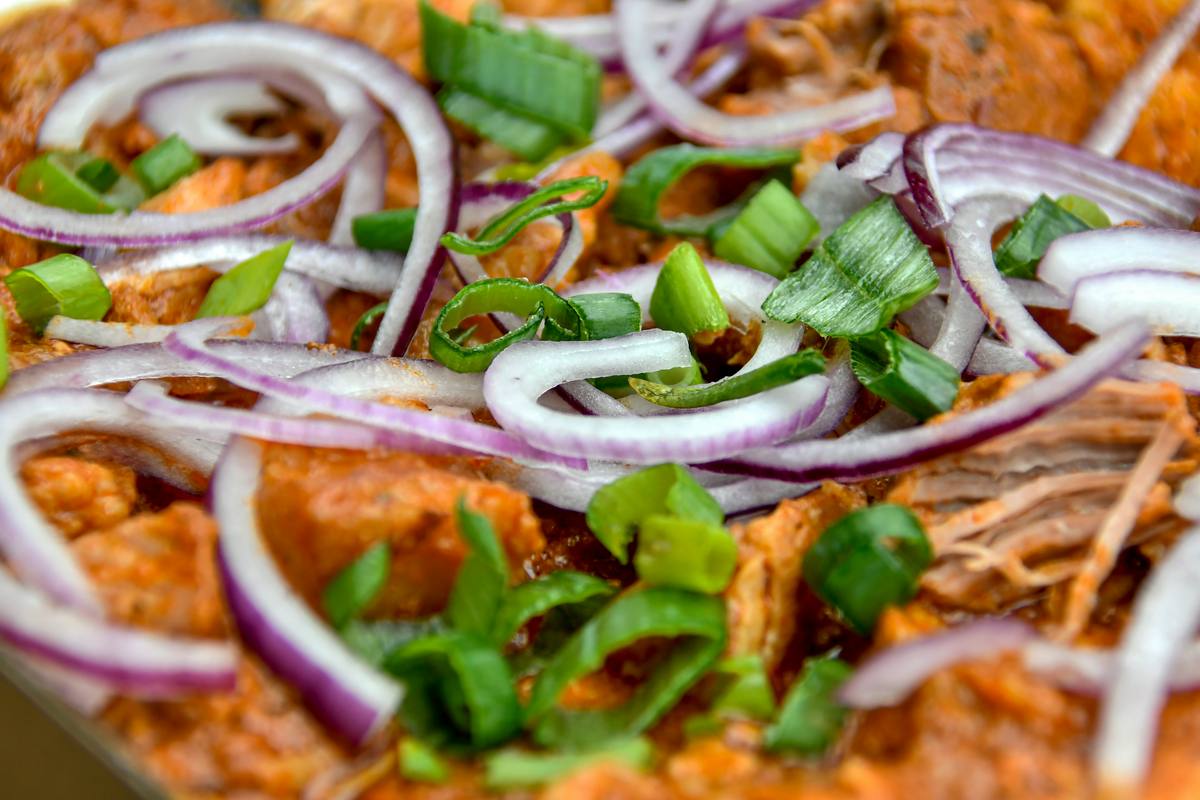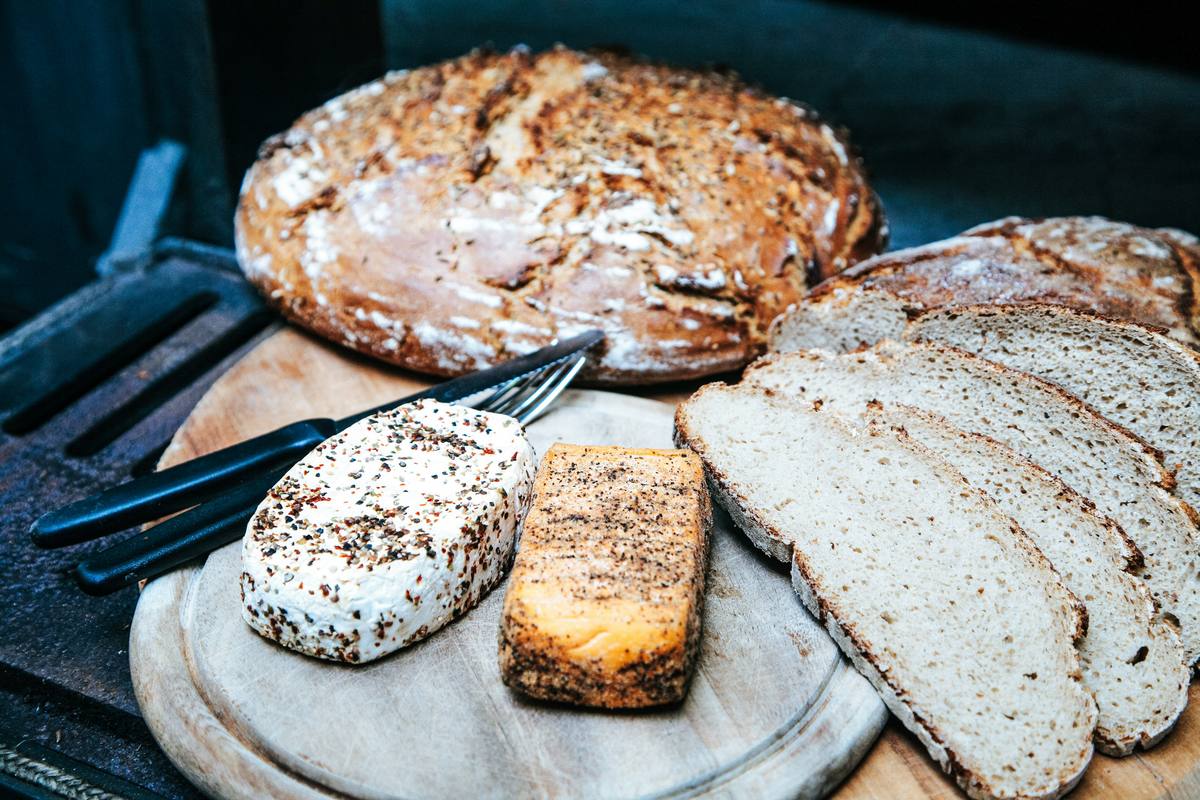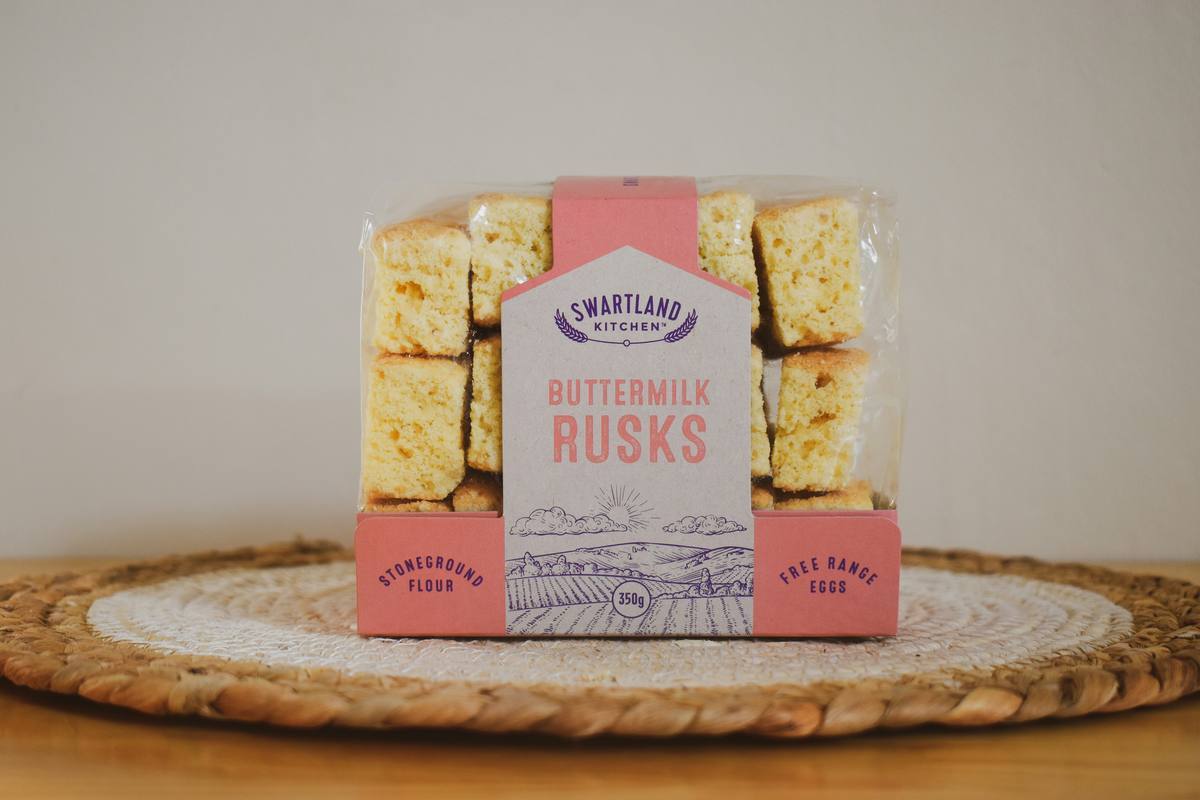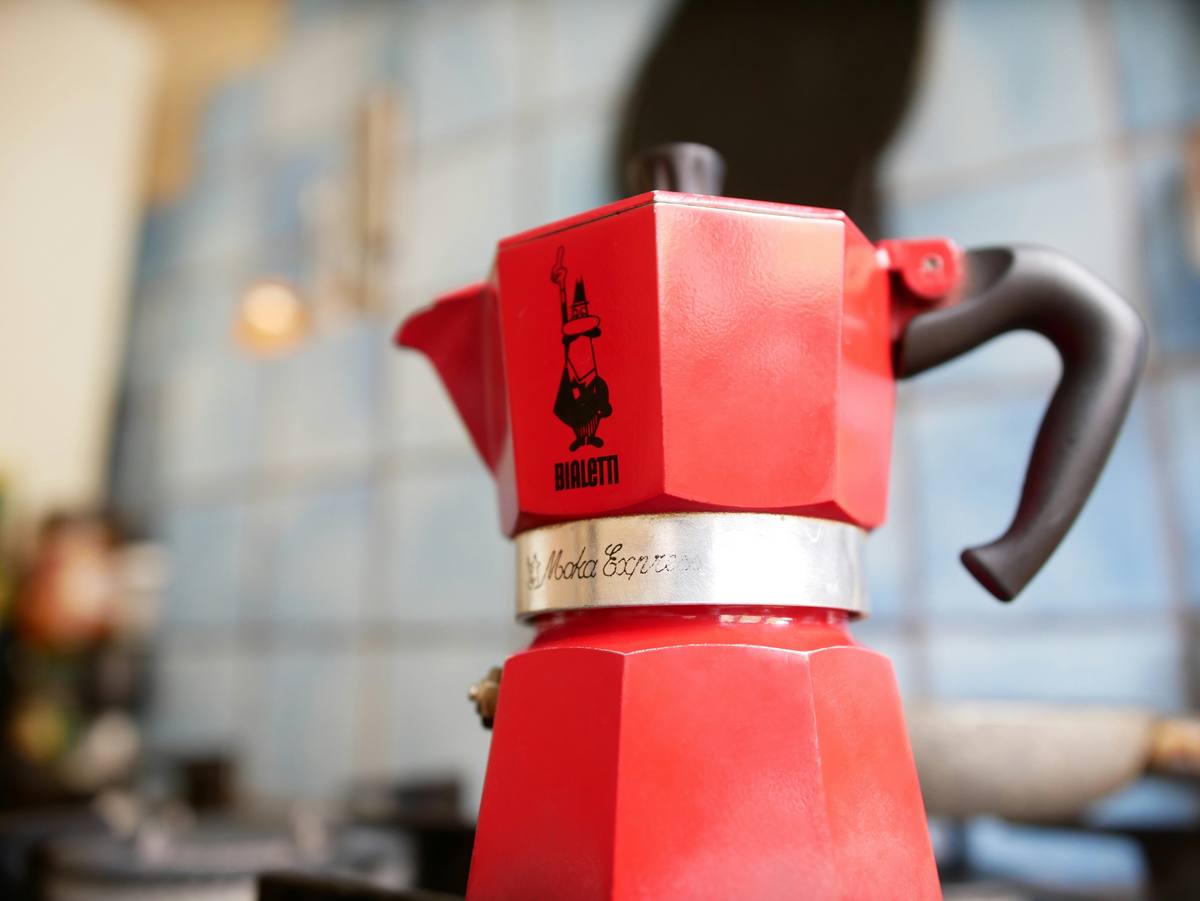Embarking on Your Specialty Food Business Journey
Starting a specialty food business can be an exhilarating adventure for those passionate about bringing unique flavors to the market. The first step involves deep research into your niche, understanding your target audience's preferences and dietary restrictions. Crafting a compelling brand story is crucial, as it sets you apart in a competitive landscape. Equipping yourself with the right tools and resources can significantly streamline operations. Platforms like Desygner are excellent for creating eye-catching branding materials that resonate with your audience. Remember, consistency in quality and presentation solidifies your market presence and fosters customer loyalty.
In the heart of every successful Specialty Food business lies an unwavering commitment to quality and creativity. Sourcing the finest ingredients lays the groundwork for product excellence, setting a high benchmark in the industry. Establishing strong relationships with suppliers ensures not only the best prices but also consistent product availability. Navigating local regulations and securing necessary certifications early on prevents setbacks, allowing for a smoother launch phase. Digital presence, especially through visually appealing content, plays a pivotal role in capturing audience interest. High-quality images showcasing your products' uniqueness can significantly enhance online engagement, making platforms like Instagram invaluable tools for growth. Ultimately, listening to customer feedback and adapting offerings accordingly is key to sustaining success in the ever-evolving specialty food sector.
The Initial Hurdles of Starting Your Specialty Food Venture
Embarking on the journey to start a specialty food business comes with its unique set of challenges. One of the most daunting tasks is differentiating your product in a market that's already teeming with options. You need to ensure your offering not only stands out but also captures the essence of what makes it special. This requires a deep understanding of your target demographic and an ability to communicate your brand's story effectively. Without this, even the most unique products can struggle to find their footing.

Mastering the Art of Branding and Packaging
Your brand is more than just your logo or product; it's the emotional experience you offer your customers. In the world of specialty foods, this cannot be overstated. The packaging of your product plays a critical role in conveying this experience at first glance. It's not just about looking good on a shelf; it needs to resonate with your target audience's values and expectations. Striking this balance is tricky but vital for making that all-important first impression.

Understanding and Complying with Regulations
Navigating the regulatory landscape is another significant hurdle for many starting in the specialty food industry. Whether it's local health codes or federal food safety regulations, compliance is non-negotiable. This entails a meticulous process of ensuring that every aspect of your production, from sourcing ingredients to packaging, meets these standards. It can be overwhelming, especially for newcomers to the food industry. However, understanding these regulations early on is crucial for smooth operations.
Finding and Securing the Right Suppliers
The quality of your specialty food product heavily relies on the quality of your ingredients or raw materials. This makes finding and securing reliable suppliers one of the most critical steps in how to start your venture successfully. It's not just about who offers the best price but also who provides ingredients that align with your brand's ethos, such as organic or sustainably sourced products. Establishing strong relationships with suppliers ensures consistency in quality and can even lead to beneficial partnerships down the line. Remember, your choice of suppliers directly impacts your product's integrity.

Developing an Effective Marketing Strategy
In today's digital age, having an effective marketing strategy is essential for any business, including specialty foods. Social media platforms offer a powerful tool to reach and engage with potential customers directly. But knowing where to focus your efforts can be challenging given the plethora of options available. Identifying which platforms your target audience frequents most and tailoring your content accordingly can significantly enhance your visibility and appeal. An engaging online presence combined with traditional marketing methods can create a comprehensive strategy that drives sales.
Boost campaigns with 250+ editable templates. Save, reuse, and wield design tools for business growth.
Try it for FREE!Pricing Your Products Competitively Yet Profitably
Pricing is always a delicate balance, particularly in the specialty food market where consumers are willing to pay a premium for high-quality products. However, setting prices too high can limit your potential customer base, while pricing too low may not cover costs or convey value accurately. Conducting thorough market research to understand what customers are willing to pay for similar products is essential. Additionally, calculating all costs involved in bringing your product to market will help ensure you price competitively yet profitably. This step cannot be overlooked if financial sustainability is the goal.

Leveraging Technology for Growth
Incorporating technology into your business operations can significantly streamline processes and increase efficiency. From inventory management systems that keep track of stock levels to e-commerce platforms that expand your sales channels, technology offers numerous benefits. It also opens up opportunities for data analysis, which can provide valuable insights into customer behavior and preferences. Embracing technology early on can give you a competitive edge in scaling up operations efficiently. It's an investment that pays dividends by enhancing operational efficiency and improving customer satisfaction.
Designing With Desygner for Your Specialty Food Business
In creating compelling branding and packaging for your specialty food business, leveraging tools like Desygner can be a game-changer. Desygner offers an intuitive platform that simplifies the design process, allowing you to create professional-looking visuals without needing extensive graphic design skills. Whether it's logos, packaging labels, or social media content, Desygner's versatility makes it an invaluable tool in crafting distinctive brand assets that resonate with consumers.
## The Key to Success: Starting Your Specialty Food Business RightWhen it comes to launching a specialty food business, how you start can set the tone for your entire entrepreneurial journey. The initial steps are not just about getting off the ground; they're about laying a solid foundation that will support sustainable growth, innovation, and profitability in a highly competitive market.### Crafting a Distinctive IdentityOne of the most significant benefits of starting your specialty food business with a clear, well-thought-out plan is establishing a strong brand identity. In the bustling marketplace of flavors and experiences, your brand's unique story and value proposition are what will set you apart from the rest. A compelling brand identity resonates with your target audience, creating loyal customers and turning them into brand ambassadors who willingly spread the word about your mouth-watering offerings.### Building Strategic RelationshipsStarting right also means focusing on building strategic relationships from day one. Whether it's suppliers who share your commitment to quality or retailers who appreciate the uniqueness of your products, these early partnerships can be instrumental in achieving early wins and long-term success. By approaching these relationships with a clear vision and mutually beneficial proposals, you create a robust network that supports scalability and resilience against the industry's ever-changing tides.### Ensuring Quality ControlFor any specialty food business, consistency in quality is non-negotiable. Beginning with stringent quality control measures ensures that every product leaving your kitchen maintains the high standard you've set. This attention to detail not only secures your reputation among consumers but also builds trust within the industry, paving the way for future collaborations and opportunities.### Maximizing Operational EfficiencyA well-planned startup process allows you to streamline operations, reducing waste and optimizing productivity. By focusing on efficiency from the outset--whether it's in sourcing ingredients, managing inventory, or delivering customer service--you set a precedent for operational excellence. This efficiency is crucial for maintaining profitability while delivering exceptional value to customers.### Fostering InnovationFinally, starting your specialty food business on the right note creates an environment where innovation can thrive. With a solid foundation in place, you have the freedom and confidence to experiment with new flavors, products, and marketing strategies. This spirit of innovation keeps your brand relevant and exciting, encouraging customers to return eagerly to see what delightful surprises await them next.In conclusion, taking the time to start your specialty food business correctly is not just about avoiding pitfalls; it's about propelling yourself toward success with momentum and purpose. The difference between haphazard beginnings and methodical ones is stark--like comparing a hastily thrown-together meal to a meticulously crafted culinary masterpiece. By prioritizing aspects such as brand identity, strategic partnerships, quality control, operational efficiency, and innovation from day one, you're not just launching a business; you're cultivating an enduring legacy in the world of specialty foods.

Wrapping Up: Your Specialty Food Business Awaits
Starting a specialty food business is an exhilarating journey filled with opportunities and challenges. As we've explored, understanding your niche, complying with regulations, crafting a compelling brand story, and adopting effective marketing strategies are foundational to your enterprise's success. Emphasizing authenticity and quality will not only set you apart but also foster a loyal customer base eager for your unique offerings.
Remember, the culinary landscape is ever-evolving. Staying attuned to industry trends, customer preferences, and innovative packaging can give your specialty food business the edge it needs. Leveraging social media platforms and food industry events for networking and promotion can significantly amplify your reach. The key lies in persistent effort, resilience, and creativity.
To ensure a smooth start and sustainable growth, here are eight critical steps:
- Define your specialty food niche precisely.
- Conduct thorough market research to understand demand.
- Ensure compliance with all relevant health and safety regulations.
- Create an engaging brand identity.
- Develop a robust online presence through a professional website.
- Utilize social media for marketing and community building.
- Attend food industry trade shows for insights and networking.
- Use Desygner for designing marketing materials with ease.
In conclusion, the journey to launching and growing your specialty food business is both challenging and rewarding. With persistence, attention to detail, and the right tools at your disposal - such as Desygner for all your design needs - success is within reach. Embark on this exciting venture with confidence and passion. And remember, signing up at Desygner is a fantastic step toward creating visually appealing branding that captivates your target market.



